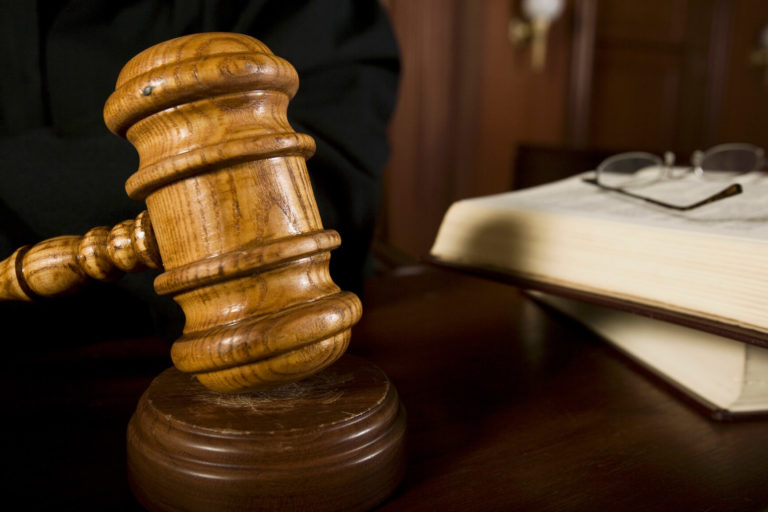How the Automatic Stay in Bankruptcy Helps You

Essentially, the moment you file your bankruptcy case, the Bankruptcy Automatic Stay stops any company or person whom you owe money (a “creditor”) from taking any steps to collect money from you. The provision that creates this Automatic Stay is Section 362 of the United States Bankruptcy Code. The Automatic Stay blocks credit card companies, personal loan companies, banks, car loan companies, mortgage companies, the IRS, and almost anyone else to whom you owe money.
What does this mean for you? Here are a few examples: If your home is to be sold tomorrow in a foreclosure sale, we can file a bankruptcy petition today and stop the sale. If your bank account has been frozen (restrained), we can file a bankruptcy petition, and the Automatic Stay requires your bank to release the freeze and allow you access to your money. If your salary is being garnished (also called an “income execution”), filing a bankruptcy petition will invoke the Automatic Stay and stop any garnishment so you once again receive your full paycheck. Are you being sued? Filing a bankruptcy petition will invoke the Automatic Stay which, in turn, will temporarily halt any proceedings against you.
The Automatic Stay begins at the moment the bankruptcy petition is filed (usually electronically); not the day it is filed, but the actual moment it is filed. Therefore, we can theoretically stop a foreclosure sale scheduled for 3pm by filing the bankruptcy ten minutes earlier.
However, it is not unlimited relief; there are some circumstances in which the Automatic Stay will not block legal action against you, as the lawyers at Baram Kaiser Law can explain. For example, criminal proceedings do not violate the Automatic Stay. Likewise, actions to collect previously Court-ordered child support obligations are not stopped by the Automatic Stay. The Automatic Stay can be limited in duration in certain circumstances, for example, if you have filed bankruptcy previously in the recent past. In certain circumstances, a creditor may have legal grounds to ask the Bankruptcy Court Judge to remove or modify the Automatic Stay, for example, if you do not resume mortgage payments after you file your bankruptcy. These nuances in the Bankruptcy law require the advice and counsel of a knowledgeable, experienced attorney to help plan the best course of action to protect you and your family’s finances.

